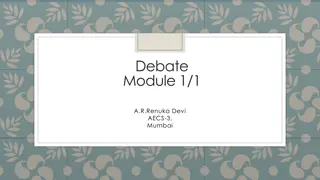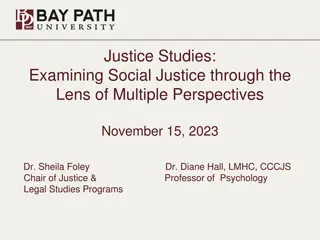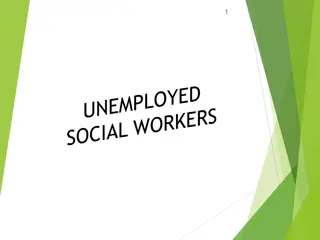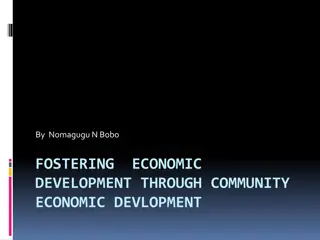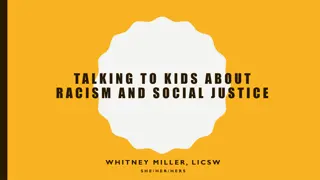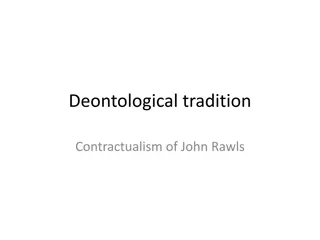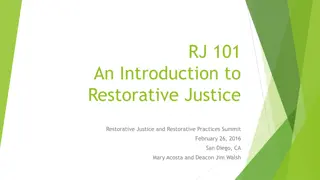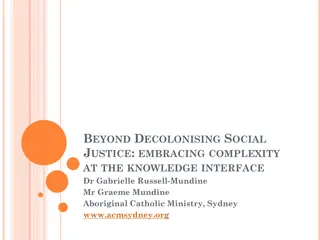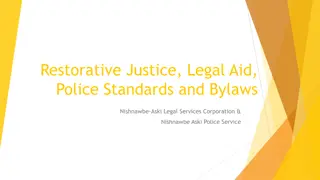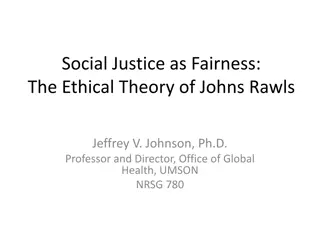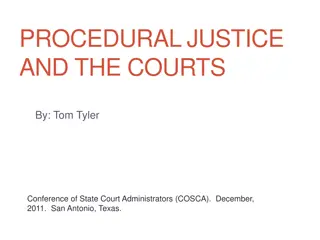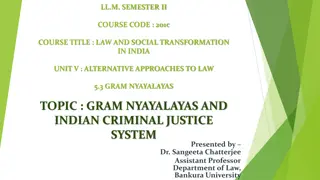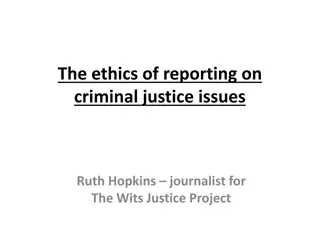Understanding Economic and Social Justice Debates
Explore the nuances of economic and social justice debates, delving into topics such as burden of proof, individual and corporate economic perspectives, aggregate effects, and approaches to social justice rounds. Uncover key arguments, examples, and considerations for engaging in these critical discussions.
Download Presentation

Please find below an Image/Link to download the presentation.
The content on the website is provided AS IS for your information and personal use only. It may not be sold, licensed, or shared on other websites without obtaining consent from the author. Download presentation by click this link. If you encounter any issues during the download, it is possible that the publisher has removed the file from their server.
E N D
Presentation Transcript
Refresher on (Motions) Debating
What is your burden of proof Argument has to be plausible. Give the underlying reasoning for why an argument is plausible. Don t overclaim! Be specific!
Economics can be viewed on the individual level Who are the worst off? How are burdens distributed on them? If labor restrictions are suspended in times of recession, the worst off have lower minimum wage and safety standards. Is this worth trading off with having a job? Automation effects on unskilled workers. Unintended consequences Will people be able to bring back these labor laws effectively in the case of suspending labor protection laws in times of recession? Information asymmetry Often when employees sign contracts, they might not know all legal jargon or be desperate for a job. Bad results may follow.
Economics can be viewed at the corporate level Monopolies Government run services or subsidies Subsidies are sometimes necessary when otherwise, products would be too expensive E.g. water is subsidized Free market Arguments include: individuals know best, less corruption and lobbying, more efficient Bad because one or a few corporations become the only source for people to buy necessary things from Corporations can charge higher prices, lower quality goods
Economics can have aggregate effects Supply and Demand Demand affected by number of consumers and incomes, particular needs for a product Supply affected by labor supply/productivity Examples of Economic Motions THW not bail out companies in times of recession THBT governments should provide all personal loans (student, housing, etc.) instead of private lenders
Social justice balances principled and pragmatic aims Questions to consider: What are the important principles to the group? Inclusion, pacifism, defying stereotypes Weighing between principled and pragmatic arguments Consider effects on identity especially on whether it essentializes a group Essentializing = arguing that socially conditioned traits are innate or made to be constitutive of the person (basically - stereotyping and thinking of people as one-dimensional) Ex. if someone is a woman, then they must have a maternal instinct Would potential backlash make things worse? Examples of motions: THBT commercialized feminism is good for the movement, THBT the United States should give black people 5/3 a vote
Policies are never implemented perfectly How would this policy be implemented? What are the potential consequences, intended or otherwise? How would different groups react? Is there any meaningful backlash? Does it tradeoff with anything else? Examples: THBT poor people should get more votes, THBT environmental policy should be determined by a group of scientists selected by their peers. Note: you should still engage with the goals of a policy on its merits; it s rarely sufficient to just describe how the policy will be implemented poorly
The structure of APDA motions rounds Government Opposition PREP -15 mins PREP -15 mins Prime Minister Constructive (PMC) -7 mins + 30 secs (can stop time after overview for questions if you choose) Leader of the Opposition(LOC) -8 mins + 30 secs Member of Government (MG) - 8 mins + 30 secs Member of the Opposition (MO) - 8 mins + 30 secs Leader of the Opposition (LOR) -4 mins + 30 secs Prime Minister (PMR) -5 mins + 30 secs
Prep (assuming you have ideas) 0-1 mins (in silence): what does the motion mean, and what are your first instincts 1-5 mins: figure out what you want to argue 5-14 mins: fill in the blanks 14 mins+: last minute edits Why X is a big deal?
MOTION TH supports the use of forced population transfers that create separate, ethnically homogeneous states as a solution to prolonged ethnic conflict.



